- The Master of Science in Medicine at The University of Notre Dame is offered as a 2-year program.
- The program is on the basis of full time or part-time.
- The Master of Science (Medicine) is undertaken by thesis only and is best suited if one prefers a Masters to a PhD but do not require the structured research training.
- This program was undertaken in any area of epidemiology, basic science, or clinical research.
- Current research projects focus on:
- Aboriginal and Torres Strait Islander health
- Basic clinical sciences
- Bioethics
- Clinical and applied research
- Medical leadership and health policy
- Medical education
- Pain management
- Personal development and professional matters
- Population and public health (including social inequity, climate, and human health)
- Primary care and prevention
- Rural medicine
- The School of Medicine has research projects across Australia in Fremantle, Sydney, Melbourne and the University’s Rural Clinical Schools in New South Wales and Victoria
- The placement rate for postgraduate courses is 98 per cent.
- The student to faculty ratio is 10:1 in The University of Notre Dame.
- 98% of graduates are traditionally placed in careers, graduate schools, or service opportunities within six months of graduation.
Read More
Eligibility & Entry Requirement
Academic Eligibility:
- Students must have a bachelor-level degree or equivalent knowledge to take admission in this program.
- Students must be 18 years old at the time of enrolment at Notre Dame.
- If English is not the students’ first language then they need to prove English proficiency through IELTS/TOEFL or any equivalent test.
Read More
Required Document List
Following are the required documents:
- Academic Transcripts: Students have to provide full certified copies of academic transcripts.
- CV/Resume: Outline of academic achievements or awards, publications, relevant work or volunteer experience
- Statement of purpose: Explain the reasons or intentions for pursuing studies in this program, including a description of prior experience.
- Letter of Reference: Students need to submit three letters of reference.
- ELP Scores: Students have to submit their English language proficiency scores like IELTS, TOEFL other recognized English test results.
TOP Scholarships
| Scholarship name | Award amount | Eligibility |
|---|---|---|
| - | - | - |
| - | - | - |
| - | - | - |
Key Resources for Your Study Abroad Journey
Career and Placement after Course
This course enhances students' knowledge, develop their career potential, or anticipate applying for a Professional Doctorate or Doctor of Philosophy (PhD) in the future.
Read More
Scholarship Grants & Financial Aids
| Name | Scholarship Per Student | Level of Study | Type | |
|---|---|---|---|---|
| Deutschland Stipendium Program | Scholarship per studentA$ 4,363/Yr$4,363 | Level Of StudyBachelor | TypeCollege-Specific | |
| Australian Government Research Training Program | Scholarship per studentVariable Amount | Level Of StudyDoctorate | TypeMerit-Based | |
| Paul Foundation scholarships | Scholarship per studentA$ 20,174/Yr$20,174 | Level Of StudyDiploma | TypeMerit-Based | |
| DAAD Scholarships | Scholarship per studentA$ 888/Yr$888 | Level Of StudyDoctorate | TypeMerit-Based | |
| FINCAD Women in Finance Scholarship | Scholarship per studentA$ 20,000/Yr$20,000 | Level Of StudyMaster | TypeMerit-Based | |
| Axol Science Scholarship | Scholarship per studentA$ 2,000/Yr$2,000 | Level Of StudyBachelor | TypeCompany-Sponsored |
Similar Colleges
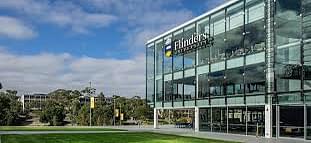

Flinders University
Adelaide, South Australia
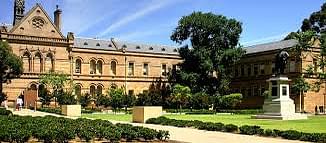

University of Adelaide
Adelaide, South Australia
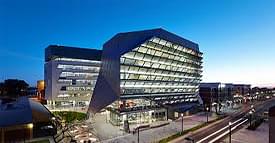

University of South Australia
Adelaide, South Australia


University of New England
Armidale, New South Wales
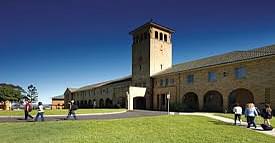

Australian Catholic University
Brisbane, Queensland


Griffith University
Brisbane, Queensland
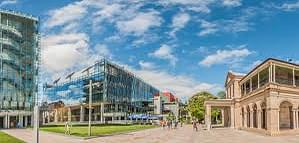

Queensland University of Technology
Brisbane, Queensland
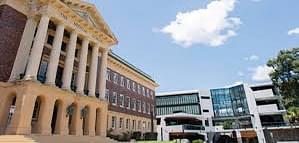

The University of Queensland
Brisbane, Queensland
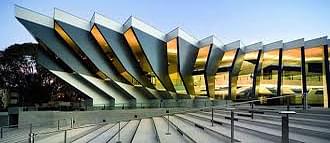

Australian National University test
Canberra, Australian Capital Territory
























Comments